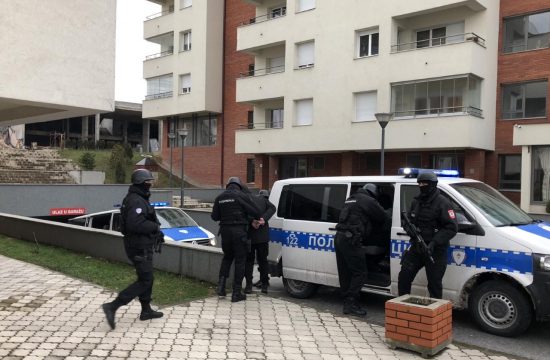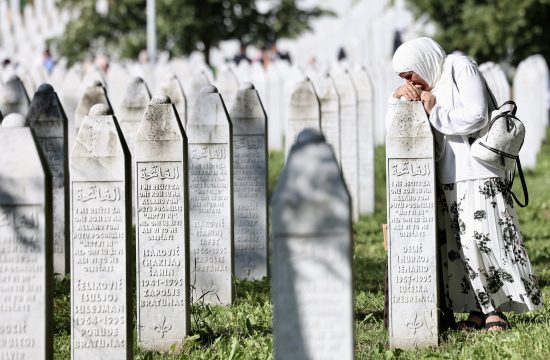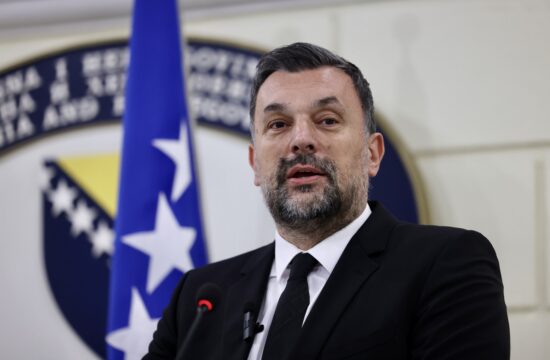The European Union faces numerous challenges this year, from the European and national elections to the election of the leaders of the Commission, the Council, and the Parliament. The former head of the Committee for Foreign Affairs of the European Parliament and a German politician talks about the elections, candidates, chances, expansion to the Western Balkans, Dodik's policy and where Vucic's heart and mind are, and what he fears most about Donald Trump in an exclusive interview for N1 Elmar Brock.
N1: Mr. Brock, you served for almost a decade and a half as the Chairman of the Foreign Affairs Committee of the European Parliament. In those years, many questions came before your committee, but also before the European Parliament. However, there is one issue that has been making its way through the media in recent days. The question is, who is currently leading Europe? There is a lot of discussion about the power of your country, Germany, France, and the European Union. What is your opinion?
BROK: I believe that Europe, and therefore the member states of the European Union, can play a role in this world, in this new global order, only if they are united. If all these countries believe that they alone can solve such problems and have influence, then they are wrong. Sometimes I have the feeling that even in Berlin, but also in other cases, everyone is trying to run alone, there is not enough cooperation. We have also come to a situation where some leaders are not as strong as we had leaders in the past, the Kohls, Mitterrand, and others, but also that the European Union is stopped by its decision-making procedures. Now we are 27 member countries and for so long in the foreign security and defense policy, the veto system, the European Union is not able to make conclusions that have a great impact in this world and interests.
N1: When it comes to the European Parliament, one of your, if I may say, students in the European Parliament – Andrej Plenković indicates that he wants to leave the position of Prime Minister of Croatia in order to be a candidate for one of the positions within the EU, at least in the Commission. Do you think he has enough support in the European Union to take one of those positions?
BROK: I don't know because it's still a balance between different political groups and that's why we have to see that in that mathematical situation, it's possible, but he has the quality for it. I am very confident in his abilities. I work closely with him in the European Parliament and the Foreign Affairs Committee. We are in contact daily and he has created a wonderful situation in Croatia. When I see that Croatia is now a member of Schengen, a member of the monetary union, that they strengthened their economy in a country that went through a crisis and he moved his country to the center of politics. I must say that the results of his prime ministership so far are very positive and constructive.
N1: Mr. Brok, the European Parliament has so many times asked for sanctions against politicians like Milorad Dodik in Bosnia and Herzegovina. But we have not seen any action either from the European Commission or the Council. And we know that, for example, Mr. Dodik is close to Vladimir Putin. Mr. Vucic in Serbia is close to Vladimir Putin. Mr. Dodik and Mr. Vucic are also close to Viktor Urban. How can Europe oppose those relations, but also those politicians who disturb the stability and the path of the Western Balkans towards the European Union?
BROK: If Mr. Dodik continues his policy, then the Republika Srpska will not join the European Union either, because it must be done within Bosnia and Herzegovina. So, he is responsible. And President Vucic knows, he must decide, that such a policy as it is currently between the European Union and Russia is not the way to become a member of the European Union. He once told me that the Serbian heart is in Moscow and the brain is in Brussels. Now they have to decide where to concentrate, so it is in their own hands whether they will become members of the European Union or not.




